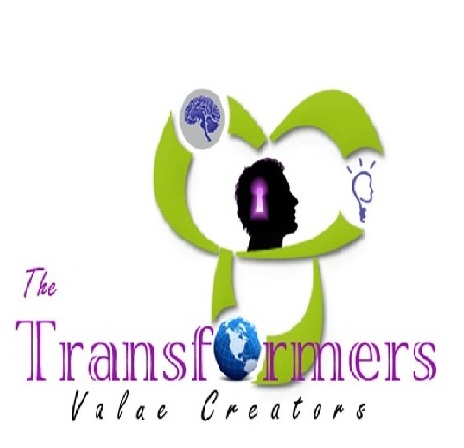Table of contents
Share Post
Employability skills or ‘soft skills’ are “a set of achievements, understandings and personal attributes that makes individuals more likely to gain employment and to be successful in their chosen occupations”.
Although, these skills are foundation of one’s career but are frequently referenced as lacking in school- leavers, graduates or those already in employment.
These most essential skills are required to make an individual not only employable but also develop as Successful Professionals as mentioned below:
* Interpersonal Skills
These are vital when seeking employment as we use them to interact with other people and may be the single most important factor for many recruiters.
Good interpersonal skills allow you to participate effectively as a member of a team, satisfy customers and clients’ expectations, negotiate, make decisions, manage your time efficiently, take responsibility and work effectively with other employees.
* Communication Skills
The ability to communicate both verbally and in writing with a wide variety of people, maintain good eye contact, write clearly and succinctly, demonstrate a varied vocabulary and tailor your language to your audience are all essential skills that employers seek out.
Similarly, active listening skills involve not only hearing but gaining and understanding information. Listening is a basic requirement leading to fewer mistakes and a greater understanding of the needs of employer and client.
* Critical and Creative Thinking Skills
These require gathering reliable information, evaluating the same for a variety of solutions and selecting the most appropriate option based on the criteria and situation.
Creative thinkers are innovative and inventive and are more likely to devise new ways of doing things that add value to the work environment, making systems and procedures more efficient. Creative thinkers can offer new perspectives about the job and the company.
* Personal Development
Personal development is all about having the right attitude towards work and the organization you work for.
The employee who is open to learning and embraces change will be more successful than the person who is afraid of learning and resistant to changes in the organization. Most jobs involve change in roles and responsibilities and under such circumstances; employers want people who are adaptable, flexible, and patient respond well to change.
Self-motivation and confidence are key areas of personal development as is personal appearance and how others perceive you. Self-management skills, also known as ‘self-control’, are the skills we use to manage our personal feelings and how we react to challenges and problems both at work and in our private lives. Personal development includes learning to avoid potentially negative emotions such as anger and stress while developing assertiveness and effective negotiation skills.
* Presentation Skills
Presenting information clearly and effectively is a key skill in the work place and presentation skills are required in almost every modern employment area.
Presenting information does not just include making formal presentations – information could be presented in the form of notes, reports, research findings, business plans, scenario planning, risk assessments and strategic documents. You may well be asked to give a presentation as part of your initial interview.
* Leadership
Leaders either have, or are perceived to have, strong self-confidence. Leaders are team players, allowing them to work in a group to achieve the best results for their employer. Leaders show social skills by respecting the thoughts, opinions and ideas of others – they gain the respect of others and aim for credibility.
Developing your leadership skills can therefore not only help you to find a senior position, but may also help you to gain promotion with your current employer.
* Numeracy (Number Skills)
Numeracy skills are very important, irrespective of whether you consider a job to be “working with numbers”. Having competence and being confident in working with numbers is a skill that can be used to your advantage in a wide range of employment settings: for example, knowing how profitable a company, understands value for money when purchasing and ordering supplies, following a budget. Being able to understand and analyze data in different formats is considered an essential skill in many organizations.
*Digital Skills
Most people need some IT skills to find work today. Acquiring basic IT skills and being familiar with using a computer may open up a wide range of employment opportunities and increase marketability in the workplace.


